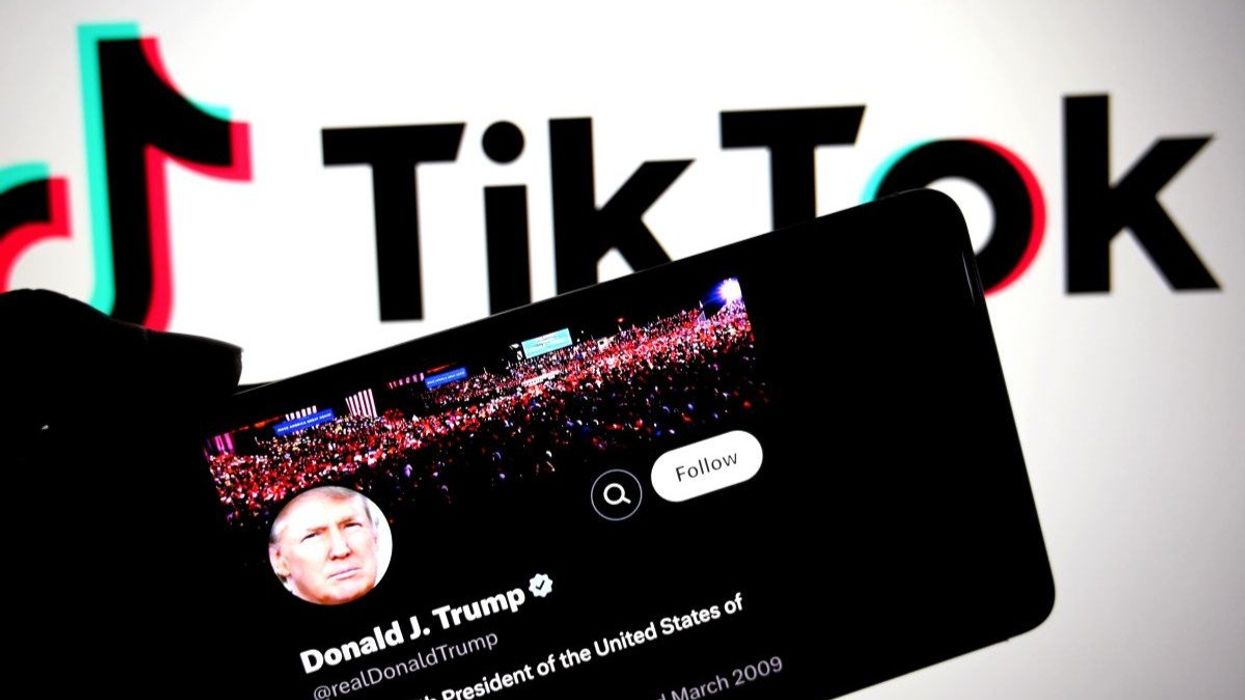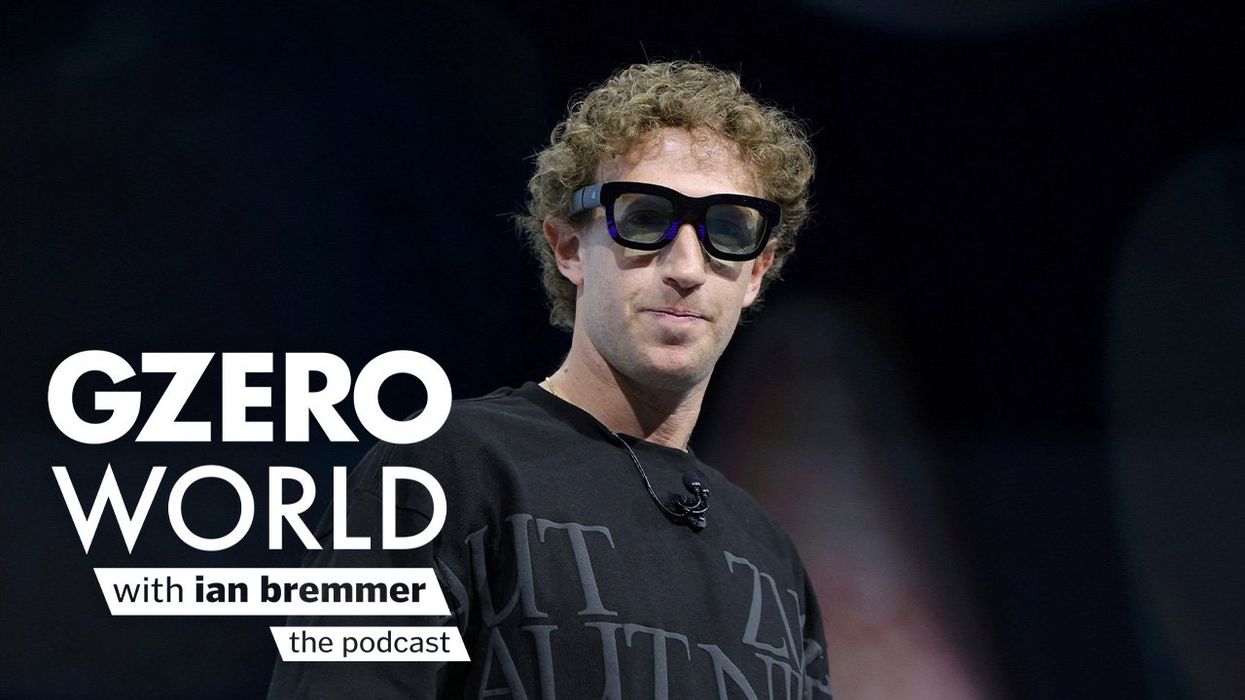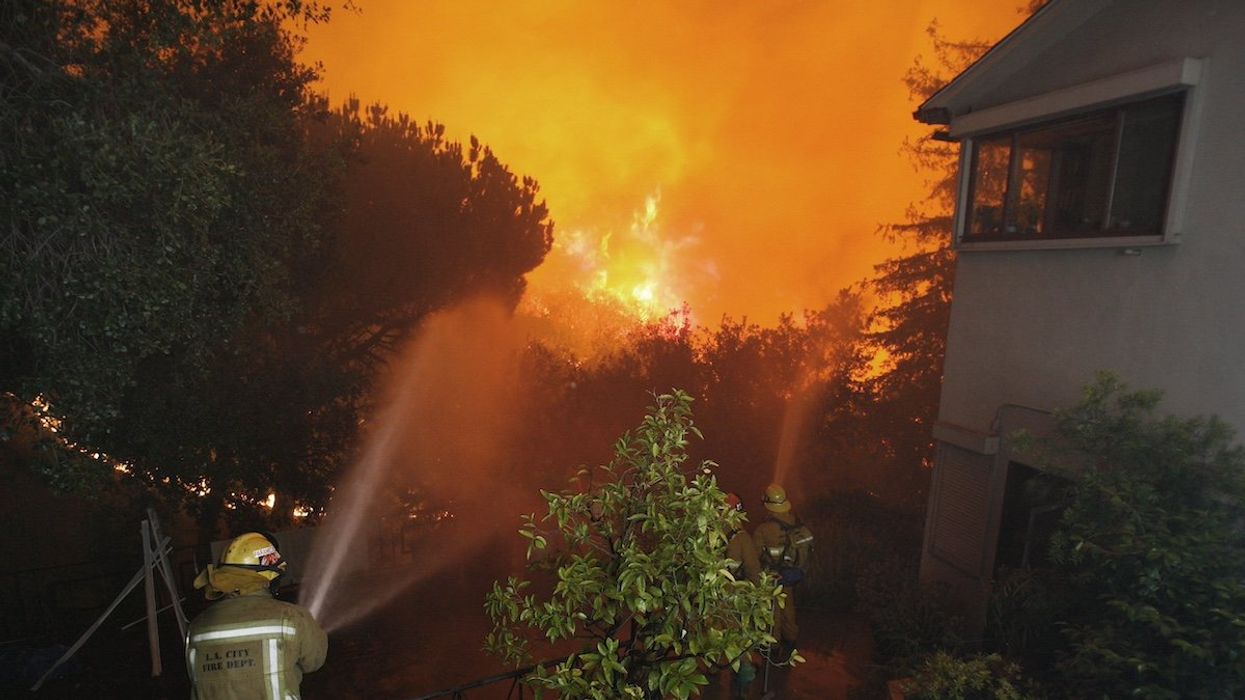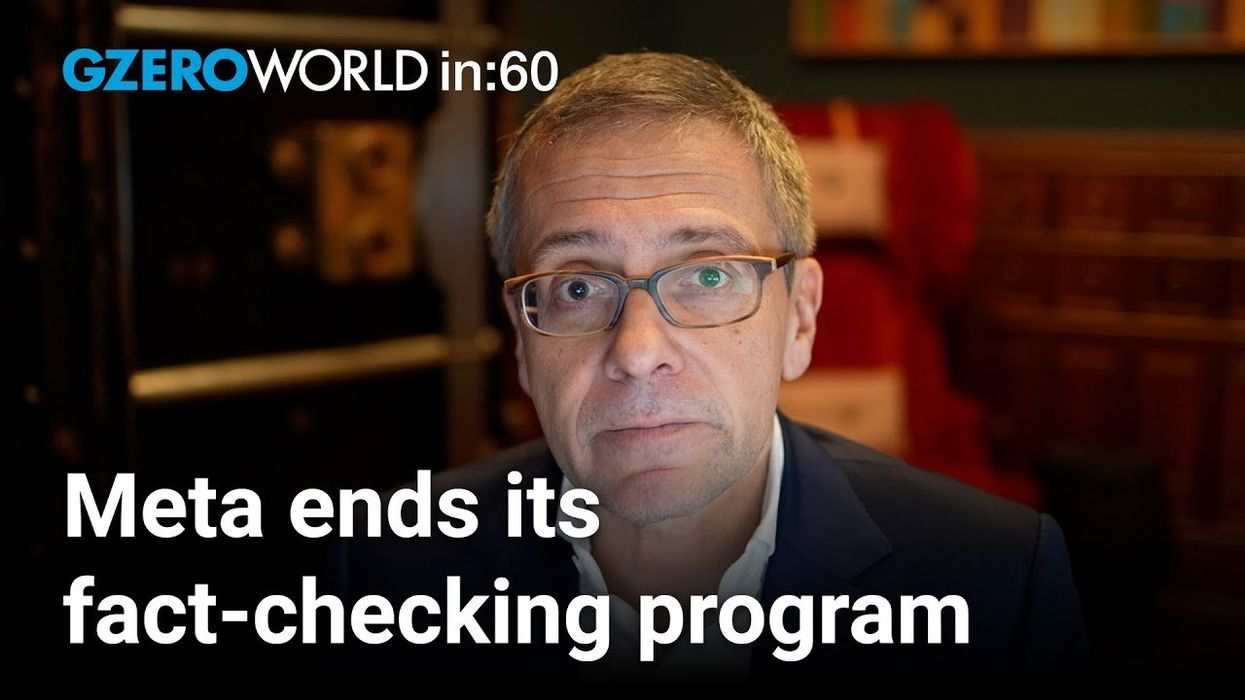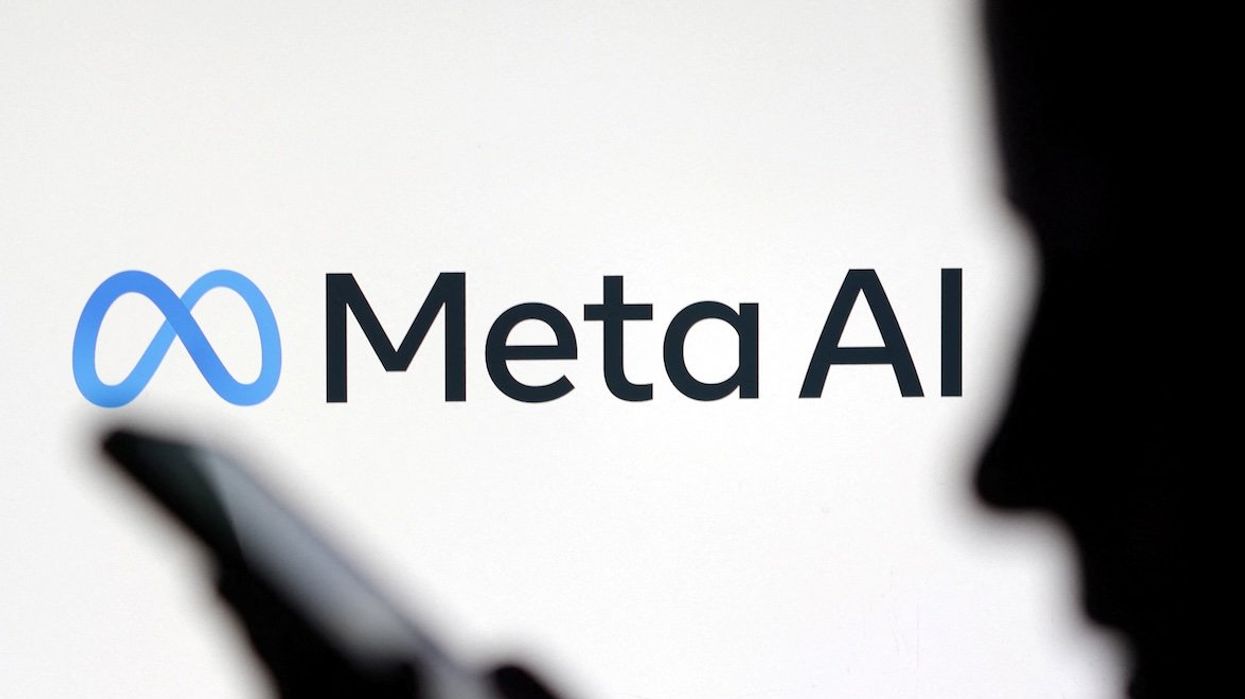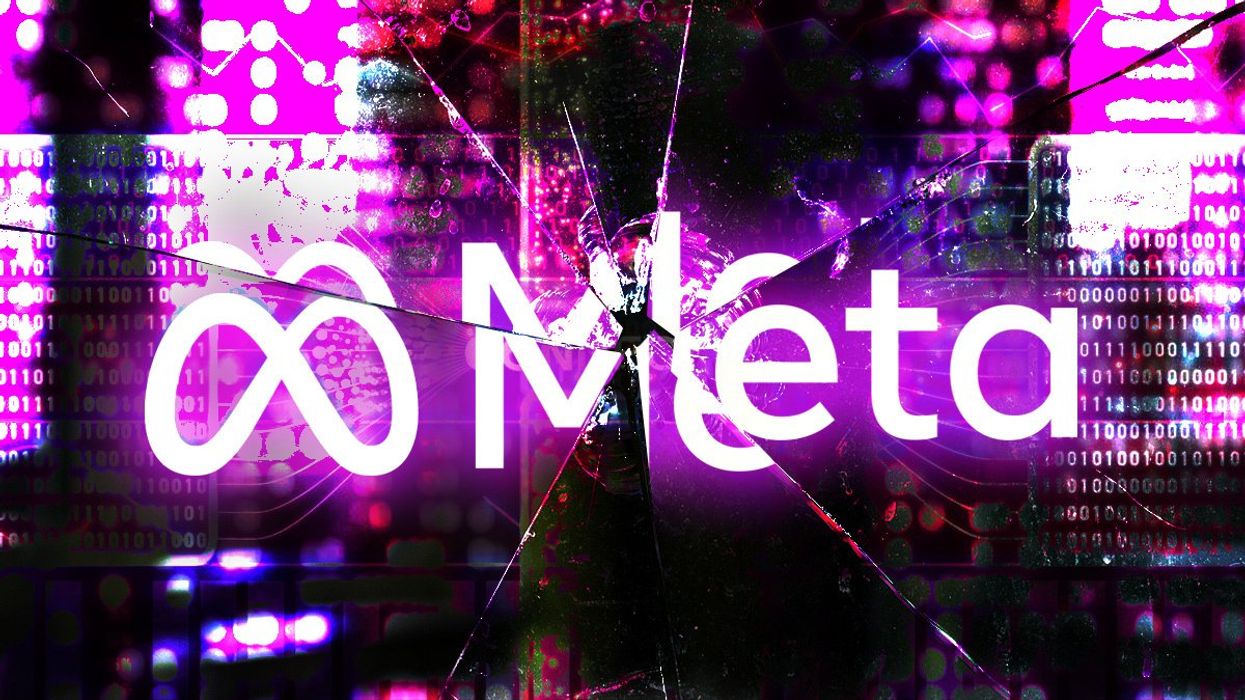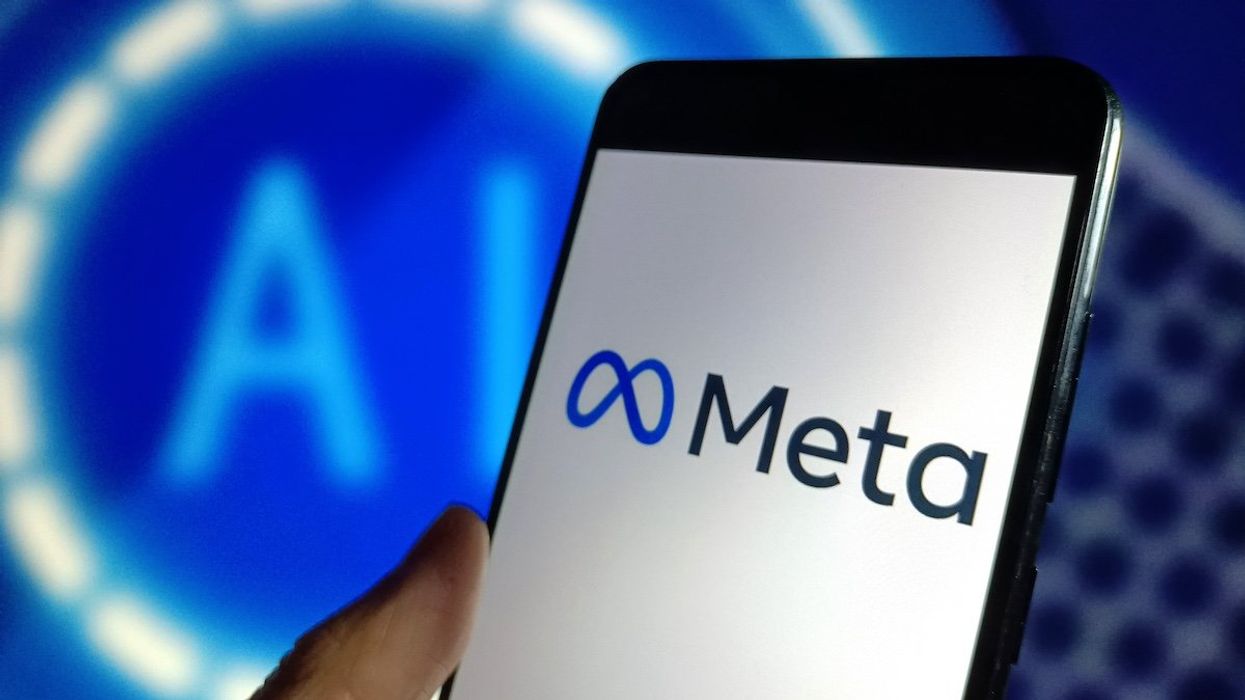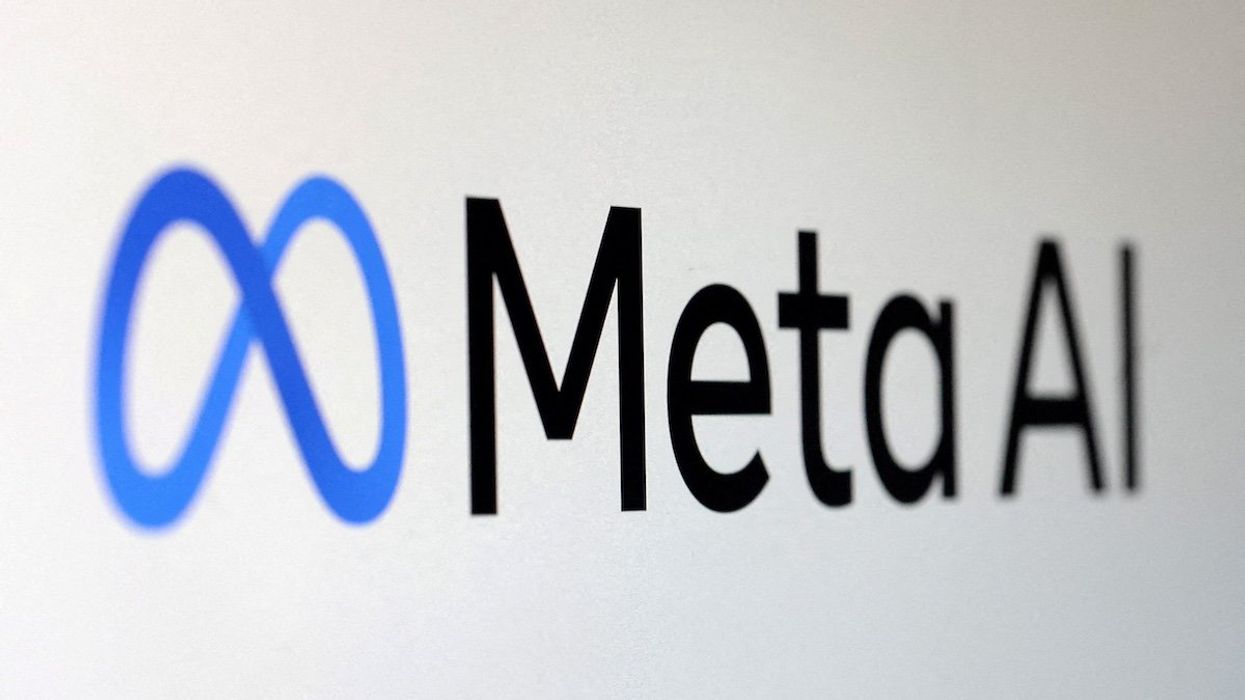Analysis
Where we get our news - and why it changes everything
In August 1991, a handful of high-ranking Soviet officials launched a military coup to halt what they believed (correctly) was the steady disintegration of the Soviet Union. Their first step was to seize control of the flow of information across the USSR by ordering state television to begin broadcasting a Bolshoi Theatre production of Swan Lake on a continuous loop until further notice.
Jun 27, 2025
